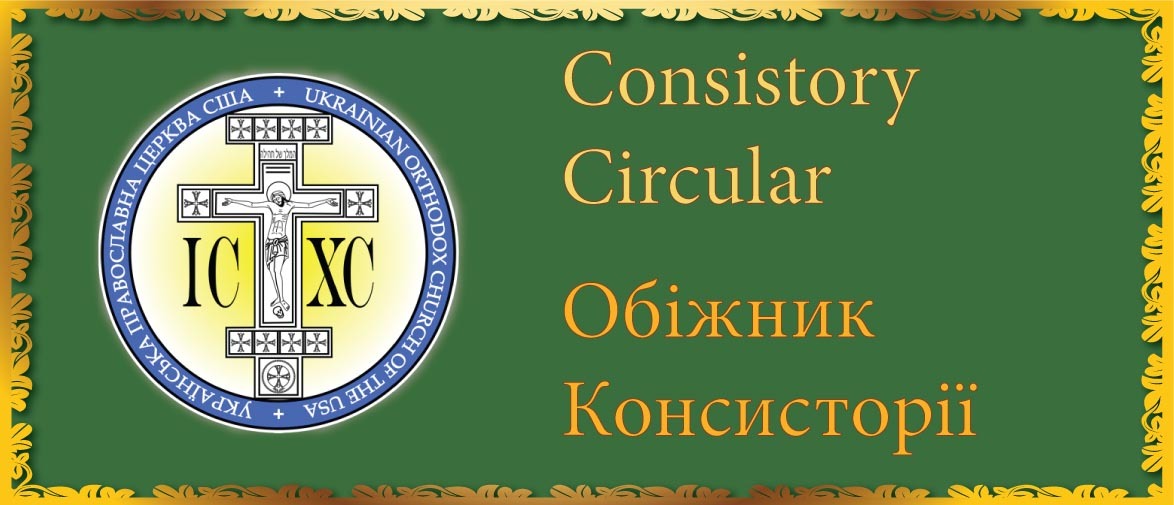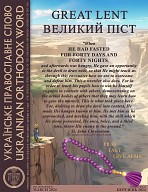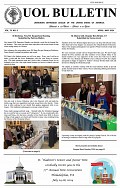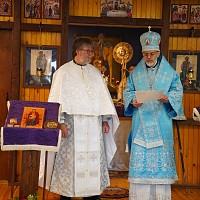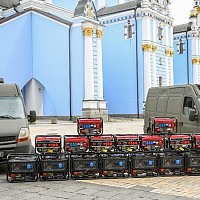On this, the Sunday before the Nativity, the Church prescribes the first chapter of the Gospel of Matthew. The second half of the reading is the nativity story. Joseph is betrothed to Mary, but she is found to be with child, and so his marriage to her remains a secret until after the birth. It is the story we all know; the story we have heard every year, all of our lives.
As familiar as the story is, we seem to skip over the first half of the reading, the genealogy of Jesus Christ. This account of His genealogy differs from the one in Luke. This one begins with Abraham, the patriarch of the Jewish people, and moves through and emphasizes King David, who ruled over the golden age of the Israelites.
Matthew wrote his Gospel with the Jewish people as his primary audience, thus he highlights the important figures in the Hebrew narrative. Abraham, the first man blessed of God, the man chosen to father the nation from which the Messiah would be born, and David, the greatest king of Israel. It would be proper and expected that the Messiah would have such a lineage.
In contrast, Luke starts his genealogy with Adam, and ties the humanity of Christ to the humanity of Adam and all people. Luke was writing for a wider audience which included Gentiles as well as Jews.
It is interesting that Matthew includes three women in his account. Normally, Jewish lineages were patriarchal, only figured through the fathers. Even more interesting is the fact that none of these three women are associated with ideal situations. Boaz was the son of Salmon and Rahab. Obed was the son of Boaz and Ruth. Solomon was the son of David and Bathsheba.
Rahab was a Canaanite, a Gentile, and a prostitute in the city Jericho. With her help, two Hebrew spies were able to escape with news of Jericho’s military capabilities. She recognized and revered the true God, the God of the Israelites, and helped them in an act of faith and penitence.
Ruth was a Moabite, a race shunned by the Hebrews. The entire race was thought to be unclean because it was fathered by Lot, Abraham’s nephew, through incestuous relations. Whether this sordid story found in Genesis is fact or legend, the Hebrews had a very low view of the Moabites. Ruth, on the other hand, was a convert to Judaism, and one of the most caring and loving characters in the entirety of Scripture and a great hero of the Jewish people.
The story of David and Bathsheba is the most well-known of the three stories mentioned in this genealogy. David, although he had many wives, saw Bathsheba, a married woman, bathing on a rooftop, and took a liking to her. In the course of his conquest of Bathsheba, he had her husband murdered and fathered an illegitimate child. The Scriptures are not as squeaky clean as one might imagine. Solomon the Wise, the builder of the temple, came from the marriage of King David and Bathsheba. Why would these sordid stories be included in the genealogy of the Messiah? Why not just say, “Salmon begat Boaz; Boaz begat Obed”? Why not hide the imperfections in the tapestry? We know that Joseph is not the biological father of Jesus Christ, but he and the Theotokos shared this lineage.
The Nativity of our Lord draws near, the union of God and man. Jesus Christ is truly God, the Second Person of the Holy Trinity, existing before all ages, coessential with Father and Holy Spirit. But Jesus Christ is truly man, truly born from the ashes and dust of which humanity is made. There is nothing of created matter which God cannot sanctify through His All-powerful touch. There is nothing so sordid or awful which cannot be made to fulfill His good will.
Human nature was assumed into the person of Jesus Christ, and He thus sanctified it. It does not matter what sin we have fallen into; Rahab shows us faithfulness and repentance. It does not matter who we are; Ruth became a paragon of virtue from a despised race. It does not matter what is done to us;
Bathsheba’s son’s name, Solomon, has become synonymous with wisdom. All of these things work together ineffably to accomplish the will of God.
“Every saint has a past; every sinner has a future.” It is through Christ who sanctifies all, we can all have a hope of a saintly future.
Fr. Theophan Mackey
St. Job Parish, Los Alamos, NM
|
| |||||||||||||



